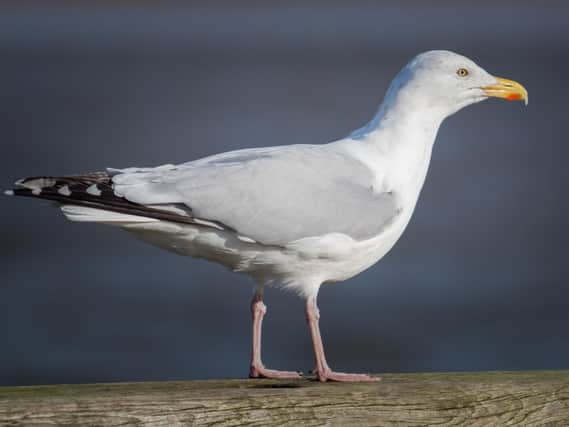CAMERA CLUB: Shop around for a bargain


The lens’s f/number is the relationship between the focal length and the diameter of the pupil. If you had a 200mm lens with a 50mm aperture, it would be f/4 (200÷50=4). A faster f/2 200mm lens would need a 100mm aperture, which means physically bigger and heavier glass, which is expensive to make. Photography is governed by many compromises: with higher ISOs images become noisier, a greater depth of field requires smaller apertures and thus slower shutter values, lightweight tripods are either unstable or expensive, and so on.
Ours is not a cheap artform, good quality equipment costs money. But once we are set up with our camera, lenses, memory cards, tripod, filters, flash, spare batteries, the bag to store it all in, computer and development software, the running costs get much less. If I get up early in the morning to capture the sunrise behind Coquet Island, it costs me nothing to walk to the end of Amble pier.
Advertisement
Hide AdAdvertisement
Hide AdHow do we reduce the initial setup costs without compromising too much on quality? Consider the second-hand market. Not only will you get a good deal, it is environmentally friendly too. I recommend using one of the reputable used camera dealers for cameras and lenses. London Camera Exchange, Wex, Camera Jungle, MPB and Harrison’s Cameras are all good and they offer a guarantee with the equipment. You can buy some pro-end lenses for the same price as new standard lenses.
At the time of writing, I can see a good DSLR with two lenses for £80. Just because equipment is old, it doesn’t mean it's bad. Search on Flickr for images shot with any camera and you will find some great photos.
If buying a used camera, make sure the shutter isn’t reaching the end of its life. The seller should publish the shutter count and you can look online for the shutter life expectancy. Many cameras last between 50,000-15000 actuations. When starting out in photography you might shoot thousands or even tens of thousands of frames per year.
One can also save by using old manual focus legacy lenses from film SLRs. An adaptor is needed to make the lens fit. Many modern cameras have tiny viewfinders because they expect people to automatically focus. But my mirrorless cameras have large bright electronic viewfinders and highlight the in-focus areas in the viewfinder, even with legacy lenses.
Advertisement
Hide AdAdvertisement
Hide AdThese old lenses are manual focus with an aperture ring built into them. Images shot with legacy lenses look different to those taken with modern digital lenses. They may be, but not always, less sharp and might result in a different colour rendering. Personally, I like these differences, but it’s not everyone’s cup of tea.
Do check out charity shops. I’ve found some good 35mm film legacy lenses in them but check the prices against what you would pay online. My wife found me an excellent tripod in a charity shop in Morpeth, and I bought a used ball head for it from Wex.
You need to be careful with batteries; there are lots of fakes. You can save money though. Duracel make copies of most camera batteries and local camera shops stock these. I use EX-Pro batteries, which are great quality and value, but I only buy from their website as there are fakes on online marketplaces. Fake batteries can catch fire. Good hunting!